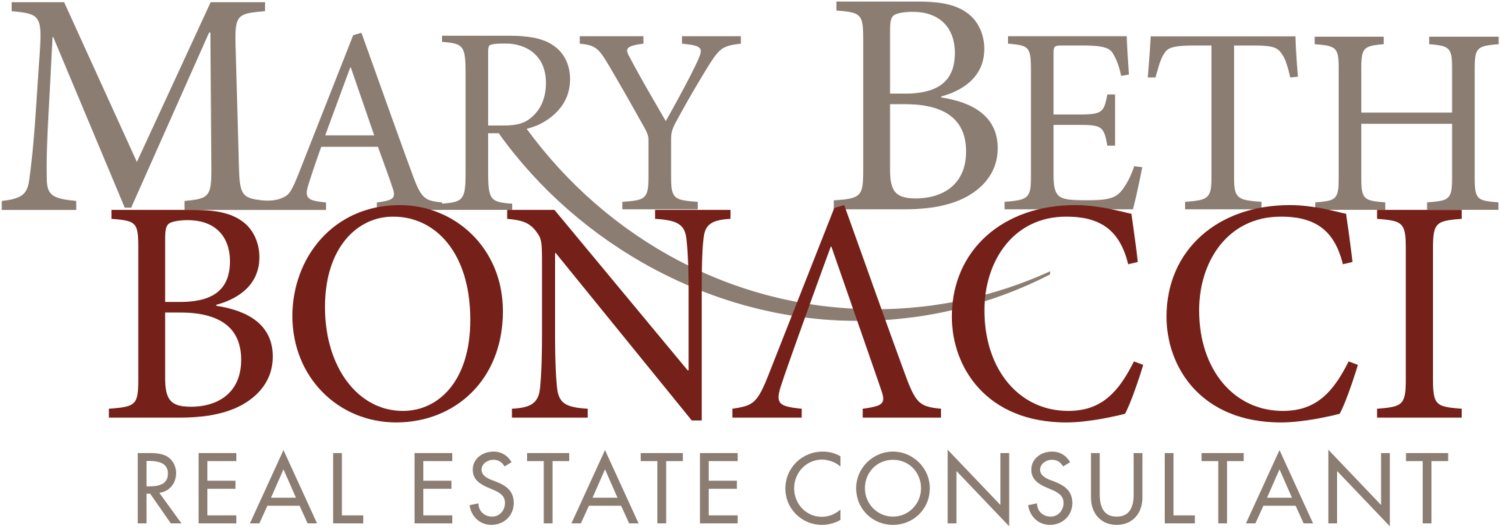Home Buying 101 -- Lenders and Mortgages
/After you've chosen a realtor, your next task should be to get pre-approved for a loan. Unless you're one of those rare and coveted creatures who is in a position to pay cash for a house, in which case you can disregard all of this and go on your merry house-hunting way.
For the rest of us, there are several good reasons to get pre-approved before beginning the search. First of all, you want to make sure you're qualified. Second, you want to see how much money they're willing to loan you. It's a big bummer to fall in love with a house, only to discover you can't borrow enough money to buy it! And finally, in order to make an offer, the seller will most likely want to see a letter from your lender. So it's best to start the process right away.
Here's how it will work. You will meet with the loan officer, either in person or over the phone. You'll fill out an application, either in person or online. The loan officer will run your credit report. Then you'll discuss your options -- how much you're qualified to buy, how much your payments will be, different programs you can choose, etc.
Note: In my experience, lenders are often willing to loan borrowers far more money than a prudent person would spend on a home. That's probably changing to a certain extent in this market. But nevertheless, don't think you have to spend as much as they'll loan you. Pay attention to the monthly payment, and make sure it's something you can live with for a long time.
Things in the lending world looked very different just a year ago. Back then, buyers could borrow 100% of the cost of a home. If those buyers negotiated with the sellers to pay buyers' closing costs, they could actually show up at closing without a nickel. Buyers with lower credit scores could also borrow money, using what were called "sub-prime" loans at slightly higher interest rates. Buyers could also get "stated income" loans where they didn't have to prove or document their income and assets.
Life is much different today. There are virtually no 100% loans available. Nor are there sub-prime loans. And only the most qualified borrowers can manage to get stated income loans.
So, you'll have to show that you can put at least 5% down -- unless you're using certain FHA loans that allow you to try to get the seller to pay your down payment for you. You'll also have to provide pay stubs and/or tax returns, bank statements, etc.
And then, once you're approved, you'll begin the search for the perfect house. Once you've found it and negotiated a price and terms, your loan officer will (hopefully, if he or she is good) swing into action to make sure your loan closes. He or she will review the contract, forward it to the underwriters and follow the results of the inspection to make sure nothing is discovered that will affect the deal or the loan. Then the appraisal will be ordered. The lender will want to make sure that you aren't buying the property for more than more than it's worth, since that lender will own the property if you default on the loan. Lenders usually have their own lists of "approved" appraisers whom they trust to give an assessment of the home's value. If the property "doesn't appraise" -- if the appraiser finds the value to be lower than the purchase price (or at least the amount the bank is lending the buyer), the bank will lend no more than the appraised value minus the required down payment. In this case, the deal is usually dead unless the buyers come up with extra cash, or the sellers reduce the purchase price.
The lender gives final approval to fund a loan by the "loan commitment deadline", which is usually a few days before closing. This is where the last-minute surprises usually show up. If all of the conditions are cleared, a loan is given "clear to close", which means the lender is committing to fund it. The loan officer then sends "figures" -- a complete accounting of the money due from the buyer for the loan and closing costs -- to the title company, which prepares the buyer's settlement statement. The loan officer should go over these figures with the buyer, and tell him or her how much money to show up with at the closing table. Then, on closing day, the lender wires the loan amount to the title company, the buyer signs a jillion loan and closing documents, and a new homeowner is born!








